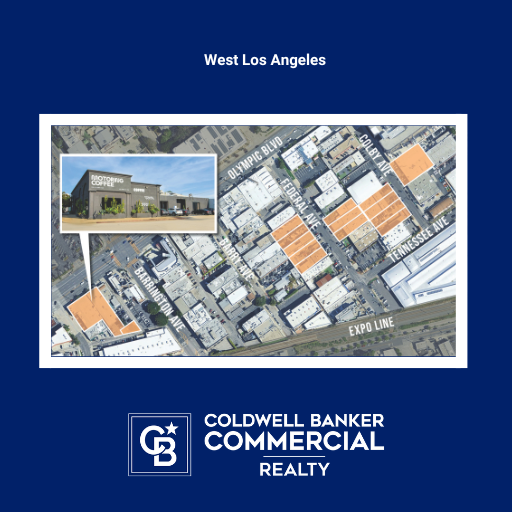The Key Retail Segments for Brick-and-Mortar Growth

For the battered retail sector, 2021 seems to have good things in-store. Just recently, the National Retail Federation issued a revised forecast for the year, anticipating that retail sales will now grow between 10.5% and 13.5% as the economy accelerates its pace of recovery.
But e-commerce’s explosive growth during the pandemic leaves many wondering which places of business are essential as online marketplaces and DTC models thrive.
Although many retailers shifted to digital storefronts in recent months, there are key retail segments with goods and services that won’t be doing away with physical footprint anytime soon.
Seeing Green
Despite the pandemic, 2020 legal cannabis sales rose 46% from 2019, for a record $17.5 billion. As more states legalize the recreational use of marijuana across the country, available retail space is being swooped up by dispensaries, cultivators and on-site consumption retailers.
There are certainly challenges around site licensing for cannabis-related tenants, but the influx of new companies and investors remains undeterred as competition for finding the rights space and location increases in markets such as New York City, where many are leasing large spaces, ranging from 3,000 to 10,000 square feet.
By 2026, U.S. legal cannabis is forecasted to drive $41.3 billion in sales. Due to the highly regulated nature of the cannabis industry, it won’t be trading bricks for clicks even as this demand grows.
Caring for Furry Friends
Another segment of retail real estate that has no online substitution are veterinary clinics – and the demand for pet care is rising. Last year the pandemic spiked pet adoptions 34% nationwide, causing animal shelters to “run out” and consumers to spend $31 billion on vet care, according to NPR.
As owners want the best for their pets, new high-end vet clinics are popping up across cities including Los Angeles, Dallas and New York.
Architecture firms specializing in vet clinic design report business is booming as more sites want to create comfortable, intimate settings that appeal to Millennials – 70% of whom own pets. Private alcoves to calm stressed critters, luxury finishes and membership-based models are a few of the ways clinics are hoping to attract new clients amidst the industry’s frenzied expansion.
While many clinics now offer 24/7 telemedicine services to consult with a veterinarian, it’s clear in-office visits for pets aren’t going away.
Discount Retailers Abound
Deemed essential businesses at the start of the pandemic, many discount retailers, including Dollar Tree and Dollar General, posted strong retail performances during 2020.
The question many had was if they could keep their momentum. The answer appears to be ‘yes’, with several announcing store openings and expansions. Family Dollar revealed earlier this year it plans to open 600 new stores and renovate 1,250 existing locations in 2021, and the Real Deal reports that half of all store openings this year will be from a discount retailer.
Due to their accessibility during COVID-19 restrictions, discount retailers gained many new shoppers outside of their normal consumer base, as people were looking for open stores where they could stock up on affordable essentials. Earlier this year, Dollar General reported a 20% increase in store visits from 2019, indicating the retailer’s ability to hang on to the new shoppers it gained during the pandemic.
On the flip side from discount, luxury retailers such as LVMH announced they plan to lean into physical retail, as the online shopping can’t replicate the customer experience of shopping in-store. These varied and diverse niches – from veterinary care to dollar stores – prove retail’s staying power. For many, brick-and-mortar formats provide a 3-D shopping experience that can’t be shuttered.
A Trusted Guide in Commercial Real Estate
Coldwell Banker Commercial® provides Commercial Real Estate Services from Property Sales and Leases, to Property Management. Learn how our expansive network of Independently Owned and Operated Affiliates and Real Estate Professionals use their in-depth knowledge of the local market and industry trends to help businesses and investors navigate the complexities of the commercial real estate landscape.






